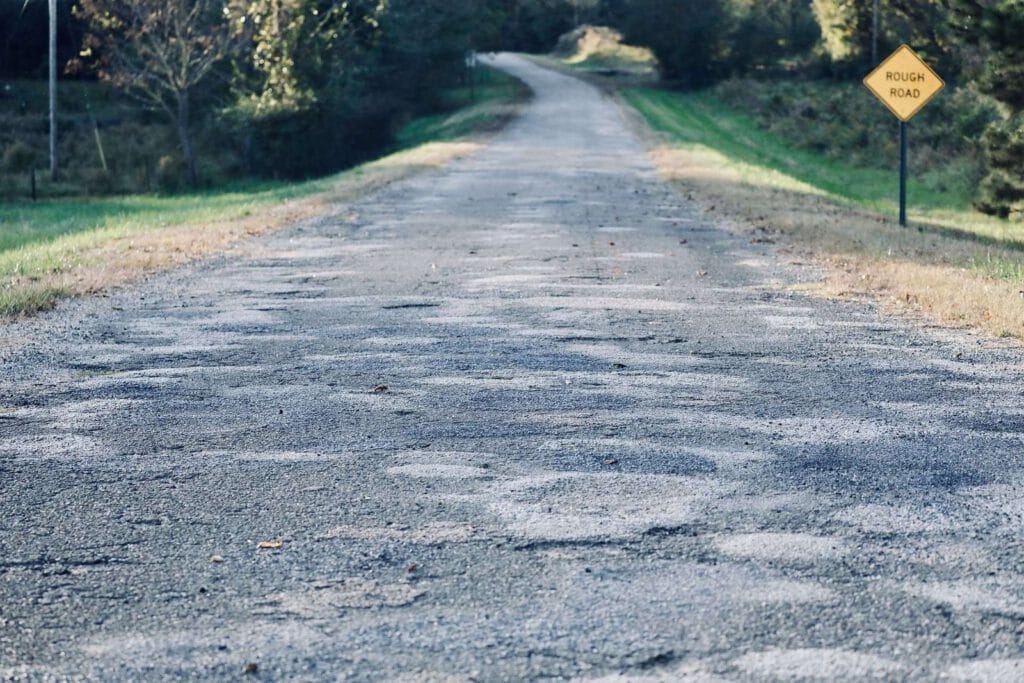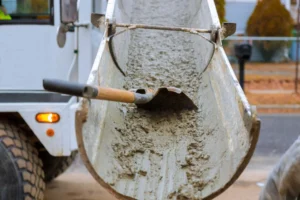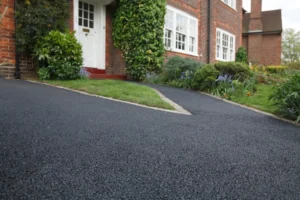You’ve probably had to dodge at least a few potholes on your daily commute if you’re like most people. But what causes these pesky road hazards in the first place? How does a pothole form, and how can you prevent them from damaging your car? Stay tuned – we’re about to find out!
What are potholes, and what causes them to form?
The most common causes of pothole formation are freezing temperatures and heavy traffic.
When water seeps into cracks in the pavement, it expands as it freezes, causing the cracks to widen. Over time, this process can create large potholes.
Heavy traffic also puts stress on the pavement, which can cause existing cracks to worsen and eventually turn into potholes. While potholes may seem like just a nuisance, they can cause serious damage to vehicles if left unrepaired. As such, it is important for road crews to regularly inspect roads for potholes and take action to repair them before they cause any accidents.
How potholes can be repaired
Potholes are an all too common sight on our roads and sidewalks. These gaping holes can cause damage to our vehicles and pose a tripping hazard for pedestrians. Fortunately, there are a few different ways to repair potholes.
Best way to fix potholes
The most common method is simply filling the hole with asphalt or concrete. However, this is only a temporary fix, as the materials will eventually break down, and the pothole will reappear. A more permanent solution is to mill out the damaged area and install new paving materials. This method is more expensive and time-consuming, but it will typically last for many years before needing to be repaired again.
In either case, it’s important to address potholes promptly to keep our roads and sidewalks safe.
The cost of repairing potholes
The cost of repairing potholes can vary depending on the size and severity of the damage, as well as the method used for repair. However, it is generally estimated that the cost of fixing potholes in Pennsylvania amounts to millions yearly.
Repairing potholes is a time-consuming and expensive process. First, the affected area must be cleaned out, and then new asphalt must be brought in and compacted. The repair cost can vary depending on the size and depth of the pothole, but it is typically several hundred dollars per pothole.
In some cases, entire road sections may need to be repaved, costing tens of thousands of dollars. As a result, preventing potholes from forming in the first place is essential for keeping repair costs down.
How potholes can damage your car
Potholes are a common hazard on roads and highways, and they can cause significant damage to your car if you’re not careful. The most obvious danger is that potholes can puncture your tires, leading to a flat tire.
But potholes can also damage your car’s suspension, alignment, and wheels. In extreme cases, potholes can even cause serious accidents. That’s why it’s important to be aware of the dangers of potholes and take steps to avoid them.
When driving, keep an eye out for potholes and give yourself plenty of room to maneuver around them. If you can’t avoid a pothole, slow down as much as possible before hitting it.
And if you hit a pothole, be sure to have your car inspected by a qualified mechanic to ensure there’s no hidden damage. By taking these precautions, you can help protect your car from the hazards of potholes.
How to report a pothole in your area
Every state has a different process for reporting potholes, but you will generally need to contact your local transportation department or public works. In some cases, you may also be able to report the pothole online.
The benefits of repairing potholes
Aside from preventing damage to cars and keeping the roads in good condition, repairing potholes can also have several other benefits. For example, it can improve safety by reducing the risk of accidents and reducing noise pollution from cars bouncing over potholes.
Fortunately, potholes can be easily repaired with some basic tools and materials. Filling in a pothole will not only improve the appearance of your street or driveway, but it will also help to prevent further damage to your property.
In addition, repairing potholes can help to improve drainage and reduce the risk of flooding. By filling in any potholes on your property, you can help keep your community safe and looking its best.
Are there any long-term solutions to the problem of potholes?
Unfortunately, there is no easy fix for the problem of potholes. However, several measures can be taken to help prevent them from forming in the first place, such as regular road surface maintenance and weather-resistant materials.
In addition, new technologies are being developed that may help to detect and repair potholes before they cause any damage automatically.
Potholes are a common problem in many cities and towns and can be a real hassle for drivers. They can also be dangerous, as they can cause cars to lose control or even flip over.
While there is no surefire way to prevent potholes from forming, some things can be done to help reduce their frequency.
One of the best ways to reduce the formation of potholes is to keep the road surface in good condition. This means regularly repairing cracks and other damage, as well as resurfacing.
Conclusion
Potholes are common on roads across Pennsylvania and can cause serious damage to your car. But what causes them to form in the first place?
In this article, we’ve explained what potholes are and shown you how they’re created. We also asked our readers if they have any pothole-related horror stories – so if you do, be sure to share them in the comments!
tell the reader to our blog post about crack sealing
If you’re looking for more information on crack sealing and its benefits, then be sure to check out our blog post! We cover all the basics of crack sealing, from how it works to how it can help preserve your pavement. Thanks for reading!



